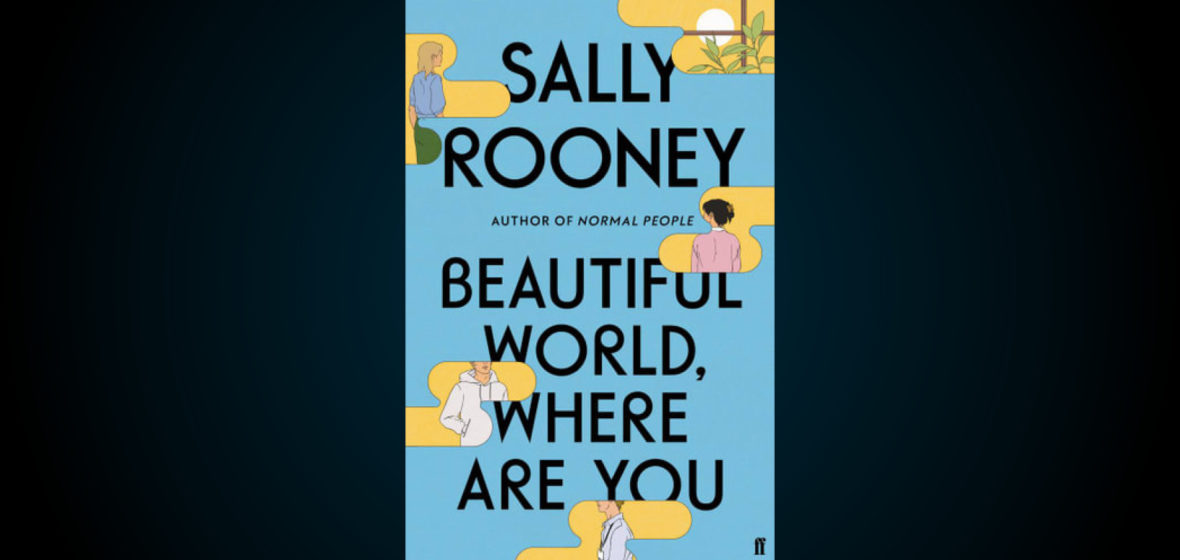In a world of climate destruction, rising inequality and a pervading millennial malaise, why, two young women ponder, do humans remain “so stupid about each-other?”
The latest by the author once described as “Salinger for the Snapchat generation” is told in two styles. First, an often distant third-person narration of the lives of approaching 30-year-olds Alice (a successful novelist recovering from a nervous breakdown and loathing the trappings of literary fame, the stand-in for Rooney herself), and Eileen (a “waiting for my real life to begin” assistant at a prestigious Dublin literary magazine). The more intimate weaving is through the essay-length emails swapped between the two friends, residing an apparently insurmountable three hours apart. For both characters, as in all Rooney novels, romantic arcs are the most thickly sketched: Alice’s and Felix, a warehouse packer she matched with on Tinder, and Eileen and her childhood friend, the always-waiting-in-the-wings, religious and left-leaning political consultant, Simon.
Rooney’s precision in dialogue is one of the hallmarks of her writing, which brings us to the controversial emails. Indeed, they are likely an excuse for Rooney to experiment with essay form inside a novel, and, as some critics seem determined to point out, it’s unlikely millennials (or anyone) would use email to have such meandering, searching conversations where the recipient is only half of the intended audience.
Yet as we emerge from another lockdown, still maintaining intimacy with loved ones through video and voice calls and written messages, it is easy to feel wholly immersed in Alice and Eileen’s chosen manner of connection. Those long conversations about nothing with friends, over meals spanning several hours, feels very last decade.
The book’s ending largely leaves most of the big questions unanswered, and perhaps deliberately so. When so much is bleak, and the future scary and uncertain, we all want something – someone – to hold onto.




